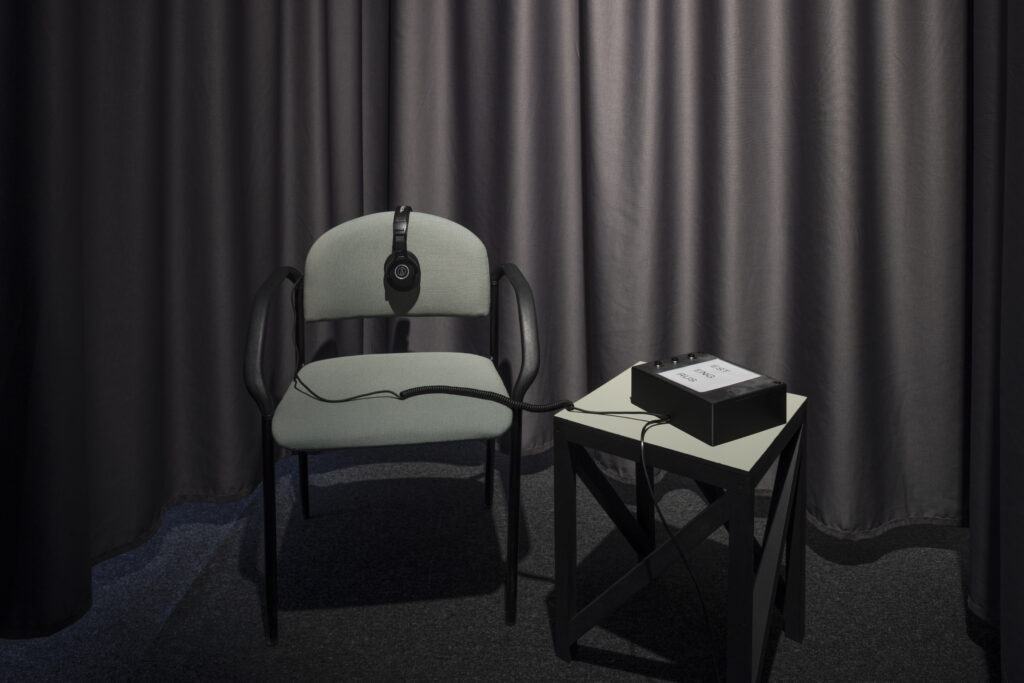Arle Saar
Tremble
2025

The psychiatrist Gabor Maté, who was born in Hungary during World War II just a few months before the mass deportation of Jews began there, has described through his own experience the crucial role of childhood events and relationships in the development of anxiety disorders. When his mother once called the doctor to complain that her baby cried incessantly, the doctor replied that he could certainly come and examine the baby, but she should know that at that moment all the children of his Jewish patients throughout Budapest were crying. A newborn is fragile and extremely receptive to all kinds of impulses. Despite a mother’s love, the air was thick with anxiety, and this became imprinted in the child’s body for life.
Revolutions, wars, and other events that shake society are often described in retrospect as if they were clear-cut turning points, though in reality they never are. Great events are preceded by long tensions and followed by painful repercussions. The upheavals themselves may last for many years, becoming sources of chronic stress. The lives of those who survive violent events do not break but continue on, as threads both fragile and resilient in the fabric of society, carrying within themselves – and unwittingly passing on – the pain experienced in the whirlwinds of history.
While leafing through their medical records, artist Arle Saar discovered that the anxiety attacks they experienced in childhood coincided with Estonia’s re-independence. Following this thread of anxiety further into their family history, they found that the story of their working-class family had been preserved primarily in criminal and medical archives. What do such records really tell us about people? How can truth be disentangled from the binds of shame and prejudice? In the audio work, fact blends with fiction, memories with dreams. Everything seems as if it could change – yet largely remains the same.